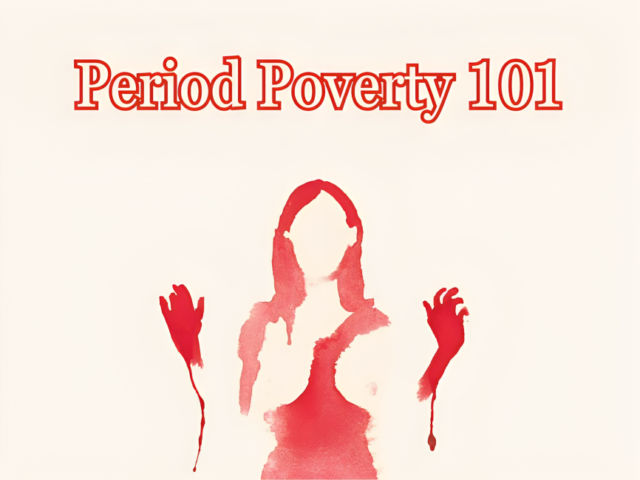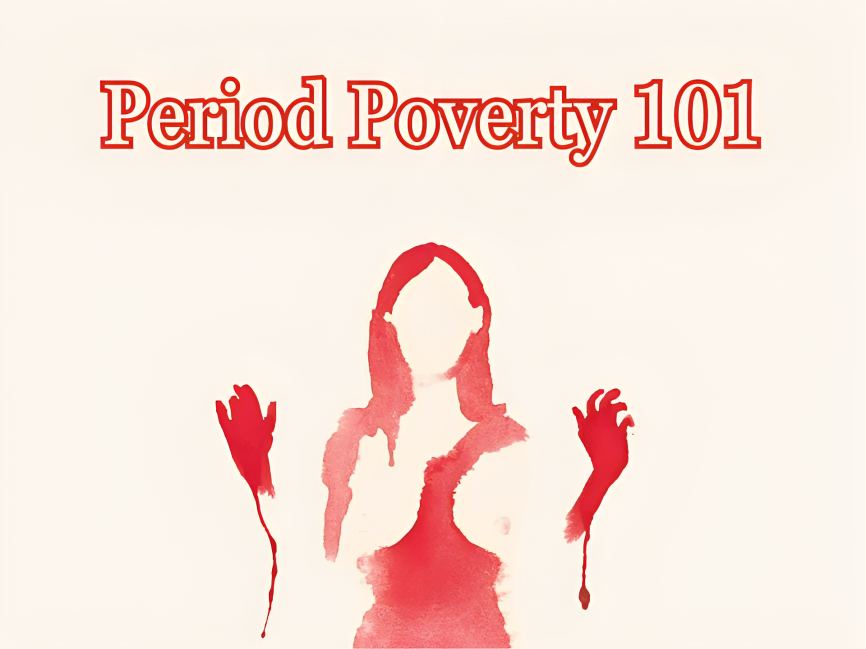
Malaysia might not be at a worrying stage in the period poverty issue, but if you stop any random person by the road to ask them to explain what period poverty is, you will probably just get a blank stare.
Period poverty is the lack of access to menstruation products, education, hygienic facilities, and waste management. Around the world, it has an estimated 500 million victims who suffer from this problem. Period poverty prevents people from getting the sanitary supplies they require, which frequently prevents them from participating in regular activities.
Understanding Period Poverty
Period poverty is certainly not a ‘girls-only’ problem. Everyone– all gender– has to play a part in tackling this issue, or at least, understand what it is.
The Stigma On Menstruation
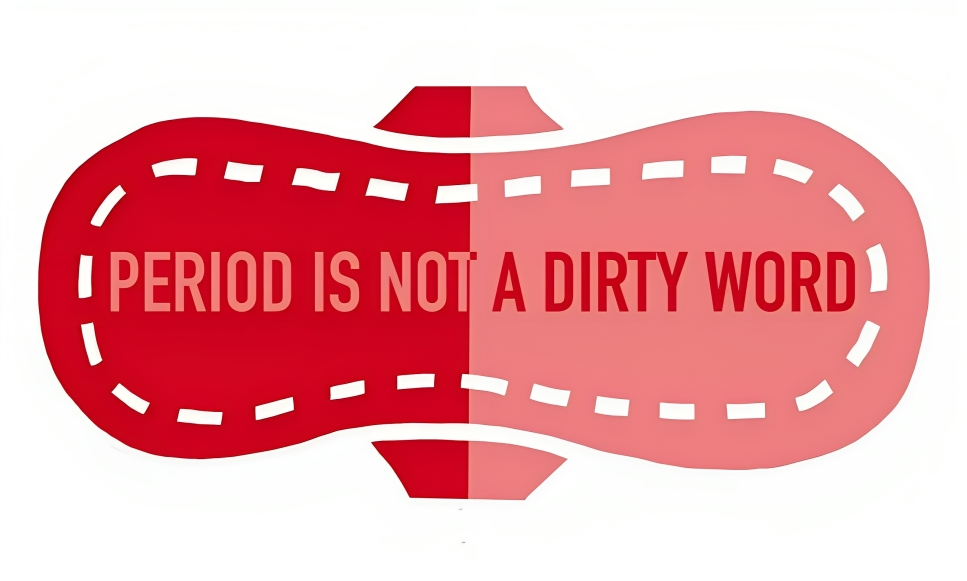
Image via FGRLS Club
When you are suffering from menstrual cramps, for instance, do you directly tell your boss that you would like to call in sick because you are having period pain? Many women would resort to lying because it is much ‘easier’.
In many cultures, the period has been seen as nasty, which frequently forces women to avoid talking about it publicly. This stigma has eventually taught women to be discreet about shedding blood once a month. Some even opt to skip school or work for the sake of keeping it a secret.
The Real Pain In Menstruation
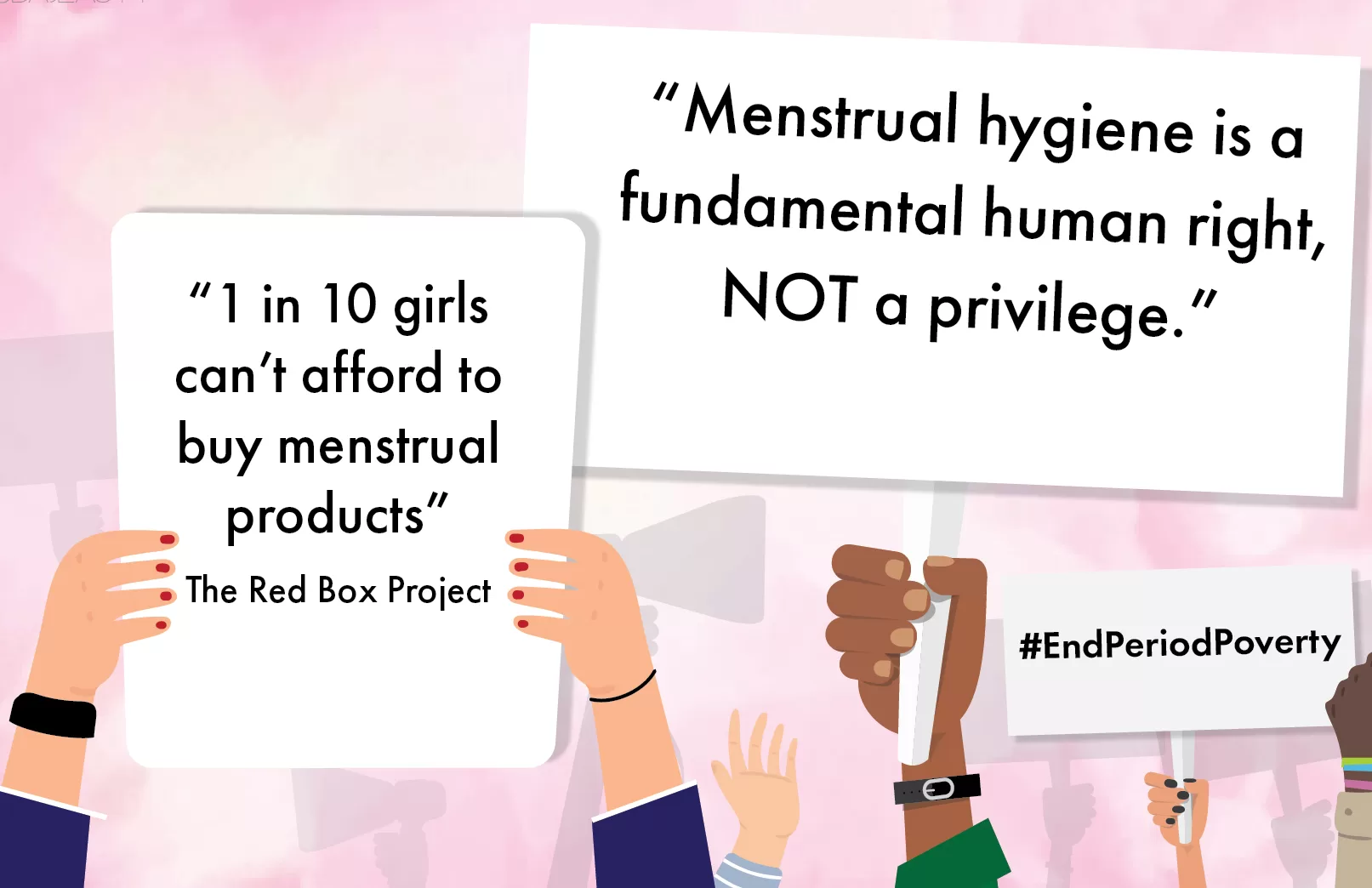
Image via Huda Beauty
The stigma above leads to several consequences which we would like to address as the real pain in menstruation. Mental health, hygiene, work, and education are the ones affected the most by the negative perception towards this issue.
People may feel agitated, distressed, and uneasy if they are unable to control their period with the proper menstrual products.
Rags, toilet paper, and baby diapers have reportedly been used by people without access to menstrual products. Additionally, some also used the sanitary pads longer than they should have. Due to these, they are more likely to get urogenital infections, which are infections of the genitourinary and urinary systems.
Menstruating people may have a bad time at work or school if they are uneasy, distracted, or unable to socialize because of menstrual odor and leaking. Then they will proceed to being absent. Long-term effects may result from this encounter such as a reduction in future earning potential, self-esteem, health, and sense of control.
Putting A ‘Period’ To Period Poverty
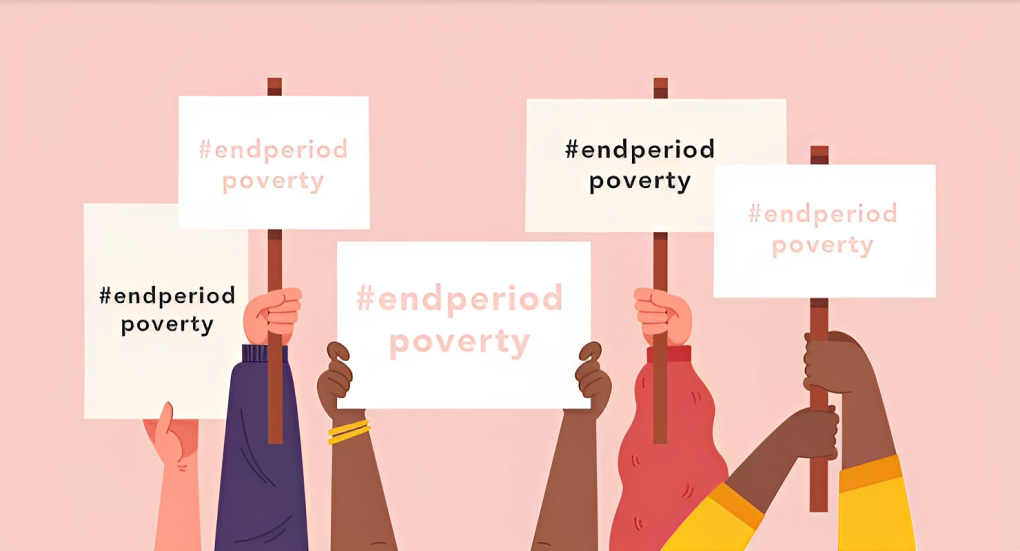
Image via The Fulcrum
Comprehensive menstrual education is essential to fight period poverty and eliminate the stigma associated with menstruation. It helps create a friendly environment that empowers women and encourages understanding amongst both genders. Men, or non-menstruators, will be better equipped to take action if they are properly educated and informed. This involves being considerate of any difficulties or discomfort that women experience at this time.
Today, we can see that the taboo around the idea of a period has significantly reduced. In other words, women have started to talk and educate about it openly.
The problem that we all might be able to relate to is probably the rising cost of menstrual products or the inability to get them for less fortunate people. Hopefully, by understanding what period poverty is, we can all work towards the same goal: giving all menstruators the opportunity to feel at ease during their week of the month.




